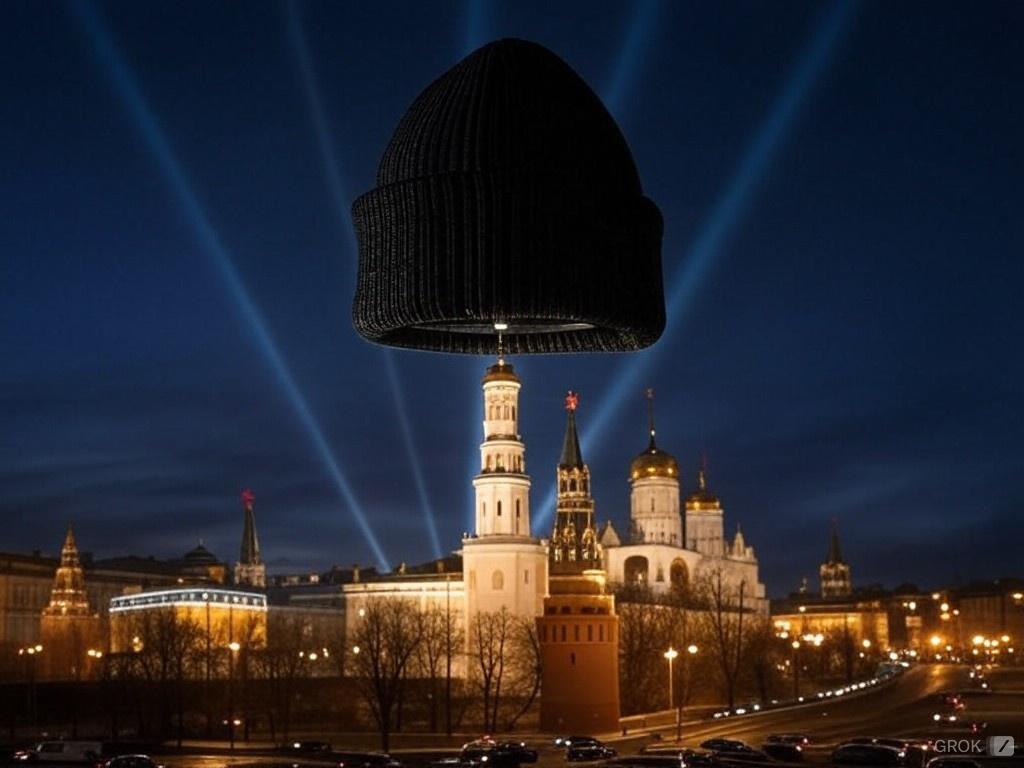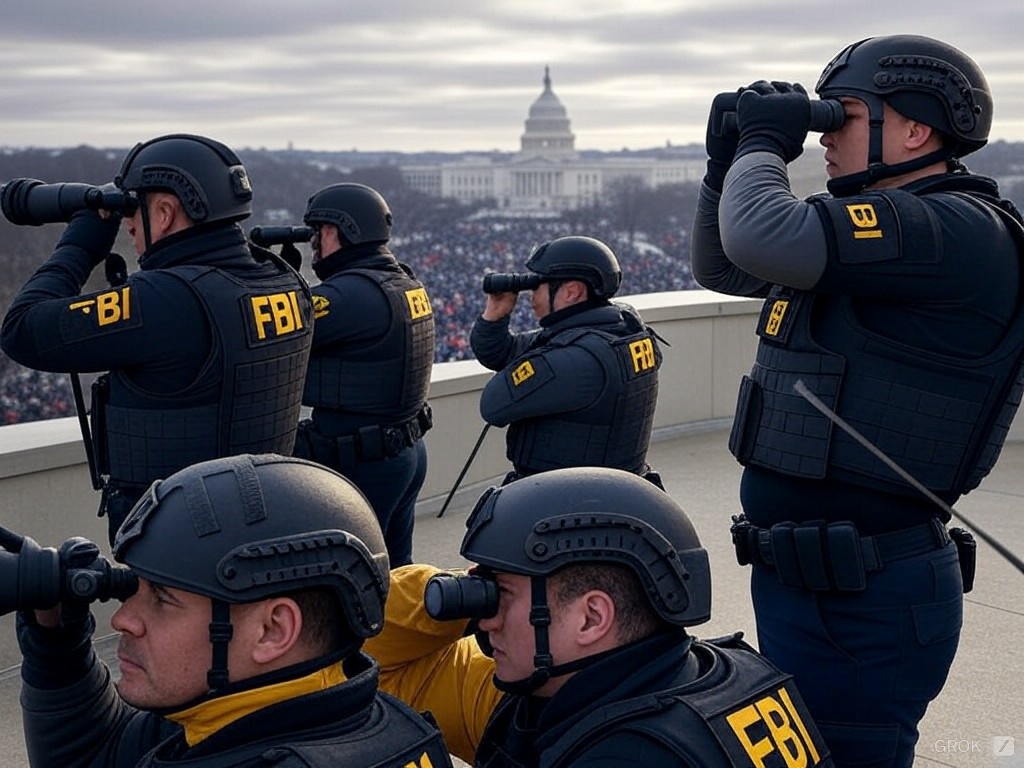Answer
The Chevron doctrine, established by the U.S. Supreme Court in the case Chevron U.S.A., Inc. v. Natural Resources Defense Council, Inc. in 1984, pertains to how courts should handle cases where a law passed by Congress is ambiguous or silent on a specific issue. Here’s a breakdown of what the doctrine entails:
- Two-Step Test for Judicial Review:
- Step One: If the statute is clear and unambiguous, the court must give effect to the unambiguously expressed intent of Congress.
- Step Two: If the statute is silent or ambiguous with respect to the specific issue, the court should defer to the agency’s interpretation of the statute as long as it is based on a “permissible construction” of the law. This means if the agency’s interpretation is reasonable or not “arbitrary, capricious, or manifestly contrary to the statute,” the court should uphold it.
- Purpose: The doctrine was meant to acknowledge that Congress often delegates authority to administrative agencies, which are staffed by experts in their respective fields. These agencies are assumed to have better insight into the practical application of the laws they are tasked with enforcing.
- Impact: Over the years, the Chevron doctrine has allowed federal agencies significant leeway in interpreting laws, leading to a broad regulatory framework in areas like environmental protection, health care, telecommunications, and more. Critics argue this gives too much power to the executive branch, while supporters believe it ensures laws can adapt to new circumstances without constant Congressional intervention.
- Recent Developments: In 2024, the U.S. Supreme Court overturned the Chevron doctrine, ruling that it was incompatible with the judiciary’s role as defined by the Administrative Procedure Act (APA) and the Constitution. This decision suggests a shift where courts will interpret ambiguous laws themselves rather than deferring to agency interpretations, potentially leading to a rollback of regulations or changes in how regulations are contested in court.
The doctrine’s overturning has sparked discussions on the balance of power among the branches of government, the accountability of administrative agencies, and the role of the judiciary in interpreting laws. The move is seen by some as a step towards reducing the “administrative state,” while others express concern over the potential for increased litigation and regulatory uncertainty.
The Chevron doctrine recognizes the Congress delegates authority to technical experts at federal agencies selected by Congress to implement federal laws, in line with Congress’s intent.
— Senator Mazie Hirono (@maziehirono) January 18, 2024






